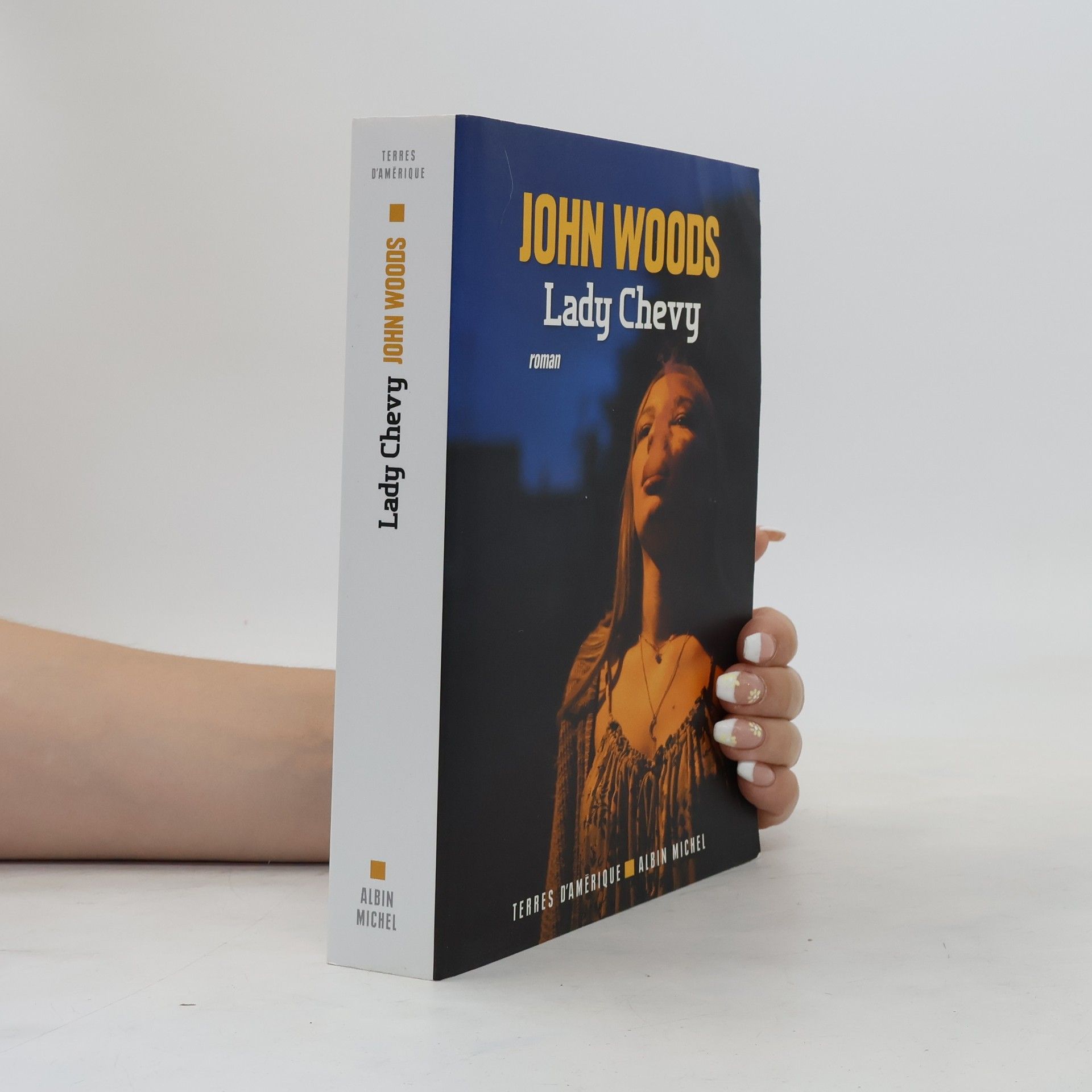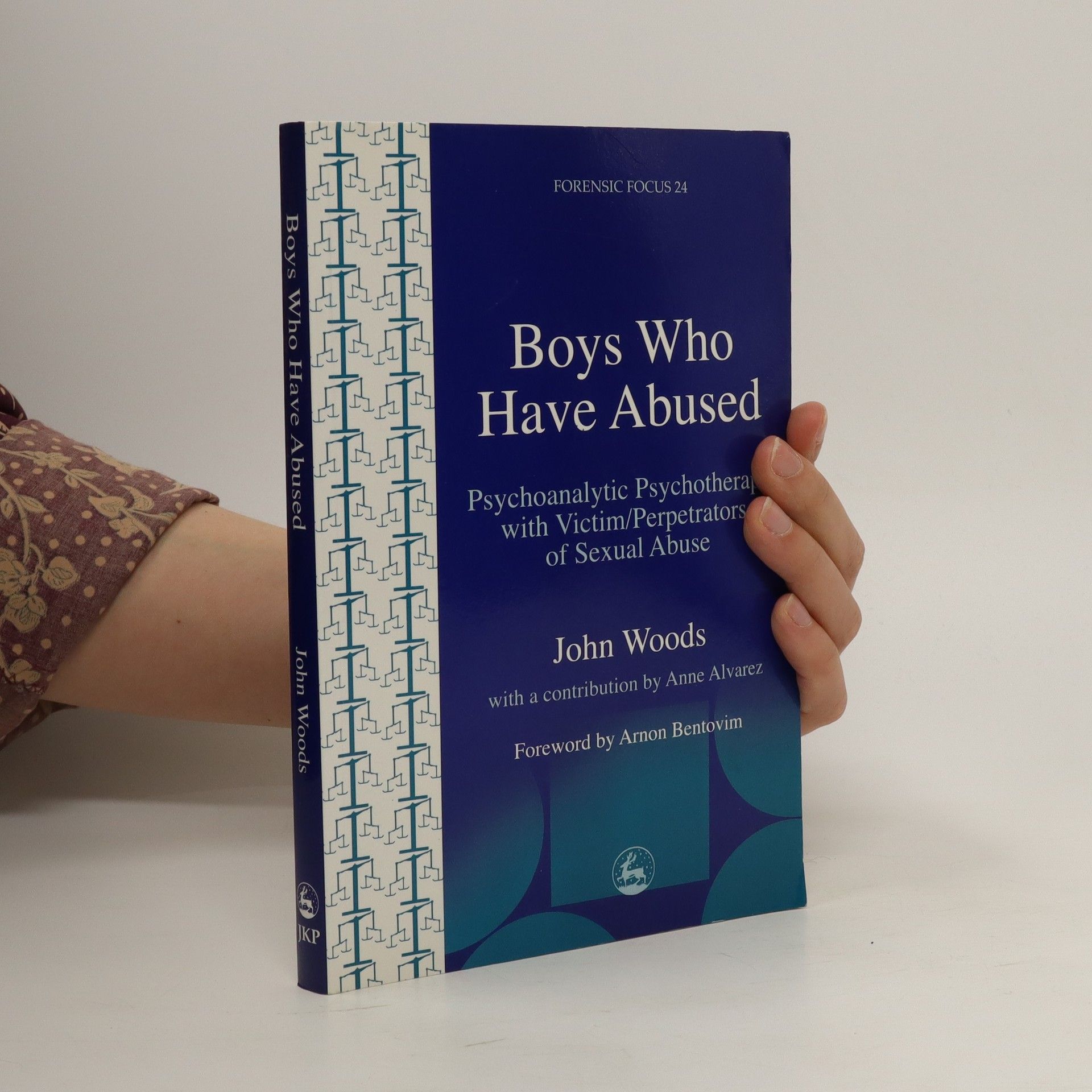Lady Chevy
- 480 pages
- 17 hours of reading
" « On m'appelle Chevy parce que j'ai le derrière très large, comme une Chevrolet. Ce surnom remonte au début du collège. Les garçons de la campagne sont très intelligents et délicats. » . À dix-huit ans, Amy Wirkner est aussi lucide qu'intelligente. Et elle n'attend qu'une chose : obtenir une bourse d'études universitaires pour quitter ce trou perdu de l'Ohio où elle vit. Dans cette région rongée par l'industrie du gaz de schiste, on ne donne pas cher de la peau des habitants. Amy est d'ailleurs persuadée que les malformations de son petit frère en sont la conséquence. Est-ce pour cette raison qu'elle se laisse entraîner par son meilleur ami, Paul, dans un plan dangereux ? Confrontée à la police, Amy voit ses projets d'avenir menacés. Mais elle ne permettra à personne de détruire ses rêves. Dans ce premier roman noir, puissant et dérangeant, John Woods dresse un portrait sans concession d'une Amérique à la dérive, entre haine interraciale, violence, corruption policière et dégradation écologique. Lady Chevy s'impose comme une anti-héroïne inoubliable faisant magistralement écho à notre époque troublée."--Quatrième de couverture




